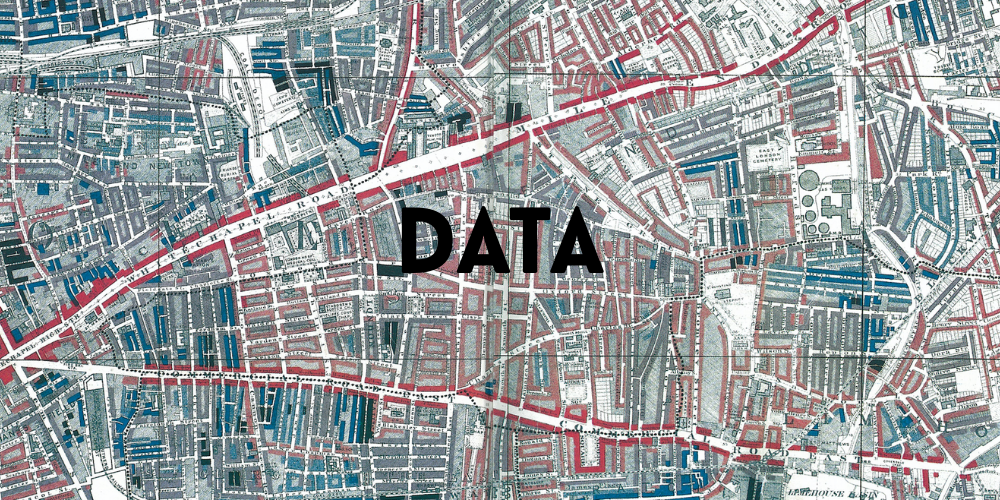Questions
- Should the police have access to the personal data of civilians in Japan? If so, what data and how much?
- With the ever increasing innovations in data collection and tracking, what privacy rights do Japanese citizens have?
- How are laws in Japan keeping up with technology?
Discussion
Between 2012 and 2013 a series of thefts were committed in the Kansai region of Japan. The Japan Times details how in December of 2013, Osaka police arrested and charged 45-yr-old Katsushi Iwakiri for the thefts. He pleaded guilty to the charges and was sentenced to a 5½-year jail term ( “GPS Data Collection”). It wasn’t until after the spring of 2014, when he was first informed that the police had used GPS in their investigation of him, that he brought his case to the higher courts; not because he wanted a new sentence, but because he wanted the law to acknowledge his privacy rights. According to the Japan Times, when gathering evidence for this man’s arrest, the police had attached approximately 16 individual GPS transponders to his and other individuals’ cars without warrants because the law did not address GPS technology. (“Set Rules on GPS”). This was far from the first and only time that the Osaka police had possibly violated someone’s constitutional rights, had their investigational practices called into question, or been embroiled in scandal. In 1988, the Osaka police were caught in a scandal for an embezzlement cover-up. In this case, the entire Osaka police chain of command, up to the prefectural police headquarters covered up the theft of $1500 and attempted to pin the theft on the woman who had turned it into her local police box (Utting,”Dishonesty Taints Osaka Police Force”). According to Jiji Press Ticker Service, in 2017 it was found that when interrogating a Chinese man about the murder of his wife, the Osaka police either made mistakes or omissions over 120 times. (Jiji Press Ticker Service,”120 Interpretation Errors”). This is also not the first time that the law in Japan has failed to keep up with the times and the Osaka police have taken advantage of such shortcomings. In 2015 the Osaka police caused another upset by choosing to enforce a “19th-century physicians’ law on local tattoo artists” (Lewis,”Osaka police”). Lewis details how Osaka police are requiring that tattoo artists have a medical license to operate or pay a fine and close shop (Lewis,”Osaka police”). Unlike these other cases, the seemingly very open-and-shut theft case involving Mr. Iwakiri, which also started at the local level, would eventually make its way through the court system and have ramifications at the national level.

Osaka police car: “Toyota CROWN ATHLETE (S210) Osaka Prefectural Police Automobile”. (Wikimedia Commons)
In this particular case, the Osaka police were following previously established policy that GPS tracking falls under the same practices as tailing a suspect or speaking to their family and acquaintances. Under this interpretation, police would not require a warrant. Additionally, in 2006 the National Police Agency (NPA) stated that GPS tracking could be used without a warrant in “cases of serial thefts and organized crime activity such as drugs, firearms, and/or kidnappings” (Japan Times, “GPS data collection”). Additionally, they recommended that police shouldn’t even tell suspects or their defense of such tracking, nor should they include information about it in their investigative reports ( “Set Rules on GPS”). This was established primarily because at the time no laws were regulating the use of GPS in criminal investigations and traditional warrants require that suspects be informed of the warrant before it is executed, thus rendering the tracking devices useless.
However, this all started to change in June of 2015 when the Osaka District Court found that the collection of GPS data without a warrant was illegal and struck out the evidence involving GPS tracking. This decision was appealed in March of 2016 and the Osaka High Court ruled that there were “no serious violations in the investigation”, but failed to touch on the central question surrounding the legality of GPS data collection of suspects without a warrant (Japan Times, “Police Use of GPS”). In a different case, the Japan Times summarized the Nagoya High Court’s ruling as the following:
[the GPS system] gives investigators constant access to fairly accurate information about the suspect’s location over an extended period. Analysis of the GPS data can comprehensively reveal information about suspects, including their personal acquaintances, thoughts and beliefs as well as tastes, the court said, noting that the risk of privacy infringement will rise further if precision of GPS data rises with advances in the technology and enables more detailed and easy tracking (Japan Times, “Police use of GPS”).
Finally, in 2017 the Supreme Court of Japan ruled that the use of GPS data tracking on suspects without a warrant is illegal. The court in its reasoning cited Article 35 of the Constitution, which protects a person’s home, papers, and effects from unwarranted search and seizures and that GPS data falls under such “effects”. The court further stated that such data collection and tracking, especially when used to surveill suspects long-term, “violates the privacy and private space rights of the suspect by the government” (Umeda, “Japan Supreme Court”).

